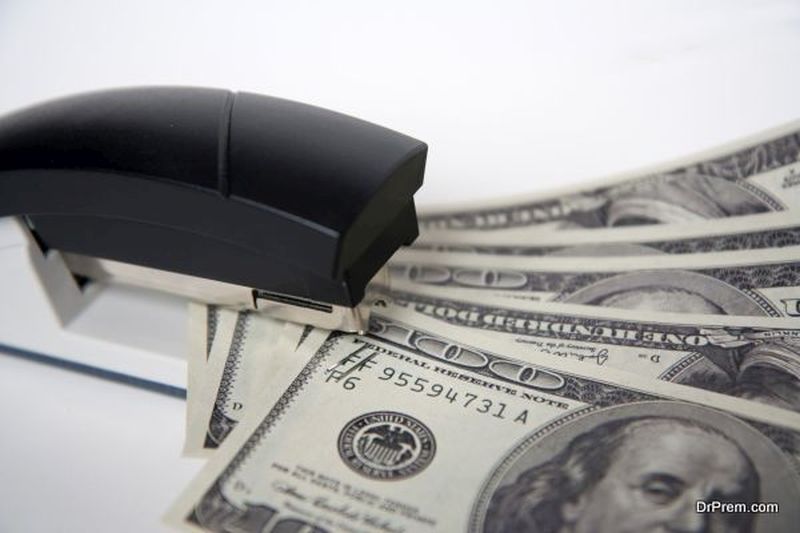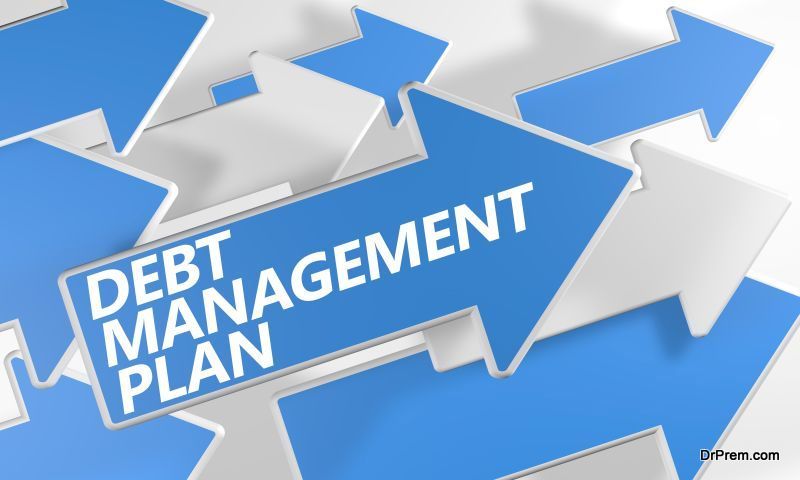Ideally, your personal finances should be managed in such a way that you have a bit of cash left over each and every month. When that happens, you generally have two choices – either use that extra cash to pay off your debts, or save and invest it.
Needless to say, you’ll want to do what is most beneficial for your finances – but that may not be all that obvious. In fact, the ‘best’ course of action will depend on your circumstances as well as several other factors.
Rate of Return on Investments vs. Debt Interest Rates
Essentially the question you need to ask yourself is: Are you going to earn more money by investing than you would lose by not paying off your debts? To answer that, you have to look at the rate of return on your investments and compare it against the interest rates of your debts.
For nondeductible interest rates (such as credit cards) this is easy as you can compare the two directly. For example if the interest rate on your credit card debt is 18%, you’d have to have an after-tax return on investment that is more than 18%. The same sort of consideration applies for credit card refinancing.
On the other hand, for deductible interest rates (such as mortgages) it is a bit more complicated and you’ll have to calculate the after-tax costs. By doing so, you should be able to make the comparison as well.
The key factor to remember however is that all investments have risks, so it can be a bit subjective. That is why you should not only take into account the potential return on investment, but also how likely it is that you’ll see those returns. Needless to say, this complicates things quite a bit.
Building up Emergency Savings
While the comparison highlighted above is how you will normally determine which is better – there is one practical exception: Building up emergency savings. As a rule of thumb, you should always have nearly 6 to 12 months of wages saved as emergency savings – and it is a good idea to build these up before focusing on just repaying debts or investing.
That is why a more practical approach is to start working on your emergency savings while also meeting your debt repayments initially, and possibly channeling any additional cash into paying off your debts with the highest interest rates. Once you have sorted out your emergency savings, you can then see where you stand and decide whether it is best to pay off debts or to invest.
Now that you know how to determine whether you should pay off your debts or save and invest – you should be able to make that decision in the way that best suits your decision. Make no mistake. Personal preference do factor in as well, as some people simply prefer being debt-free than looking at it purely from a financial-gain perspective.
Article Submitted By Community Writer






